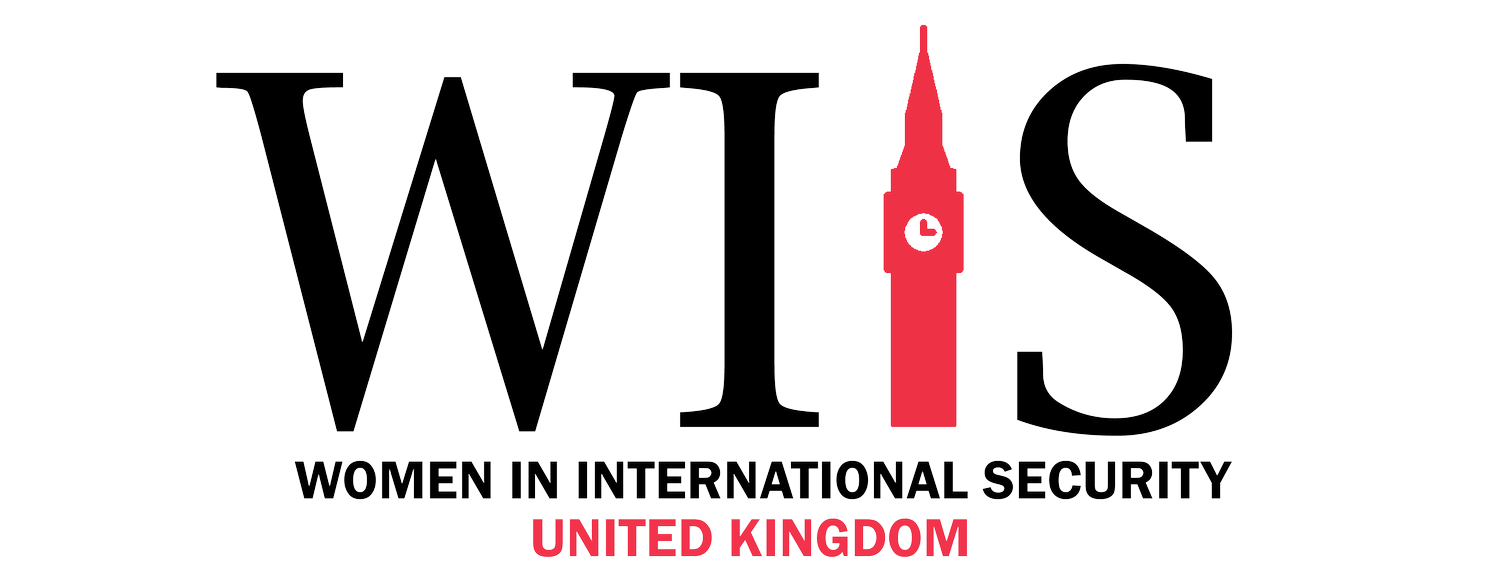
More than the Letter of Last Resort: Adventures on US-UK Nuclear Site Visits
Dr Sarah Tzinieris is a Research Associate at the Centre for Science and Security Studies, King’s College London. She is currently conducting research on non-proliferation, nuclear security and CBRN terrorism.
The concept of nuclear deterrence has tremendous implications, as well as responsibilities. The UK’s nuclear weapons could destroy entire countries and render large areas of the planet uninhabitable. Despite focusing on these issues in my day job, the true salience of nuclear weapons is not something I often ponder – much like the rest of the public – until I finally got to see them up close.
The opportunity to participate in a trip around the UK visiting nuclear defence sites and interact with nuclear operators was a timely reminder of the realities and complexities of the UK’s national security environment. Last week I took part in the annual US-UK Project for Nuclear Issues (PONI) bilateral mid-career programme, an initiative organised by Royal United Services Institute (RUSI) UK PONI and Center for Security and International Studies PONI. The aim of these yearly exchanges is to deepen the knowledge of professionals working on nuclear weapons issues, as well as build trans-Atlantic networks.
This year, UK PONI partnered with Women in International Security (WIIS) UK, and I was honoured to be nominated as the WIIS participant. WIIS is dedicated to advancing the professional development of women in the field of international peace and security. Not only are nuclear weapons a hugely topical issue in international security, their gendered impacts are coming under increased scrutiny since women are both more biologically susceptible to the harmful effects of ionising radiation and likely to suffer the negative consequences of nuclear attacks even more than men.
The week-long trip consisted of an array of briefings, site visits, discussions and group exercises across the UK. Far more than a red button or letter of last resort, it was eye-opening to comprehend the vast - but impressively streamlined - military operation that goes on behind the scenes. From designing and testing, to transporting, through to the delivery platform – not to forget early warning systems and control centres – maintaining a ‘minimum credible deterrent’ is a complex business.
Much is made of the US-UK ‘special relationship’ in matters pertaining to security and defence. But nowhere is this more palpable than the realm of nuclear weapons. The PONI bilateral brought home to me, on the one side, the UK’s dependency on American cooperation for both the manufacturing and maintenance of its weapons systems; and on the other, Washington’s vital access to forward operating bases and its profound confidence in British early warning systems. Expanding transatlantic networks through initiatives such as PONI is essential for practitioners looking to foster this relationship. After all, states possessing nuclear weapons must demonstrate utmost responsibility and allies can help by asking the tough questions.
The trip also involved classroom sessions on non-proliferation, disarmament and the humanitarian initiative, as well as a war gaming exercise developed by US PONI. Our group came from a mixture of backgrounds including government, military, industry, academia and research organisations. The sharing of knowledge was an enriching experience and helped bridge the gap between technical and policy issues. Indeed, many participants observed it was a unique opportunity to debate the issues with an audience outside their area of work, and classroom sessions spilled over to the pub where we discussed topics ranging from the utility of public engagement over nuclear weapons to the Swedish revival of civil defence; even atomic tourism got a mention.
Connecting the nuclear policy world with its industrial military base is a valuable exercise, reminding us of the salience of nuclear weapons and their complex networks of practitioners. Progress on nuclear non-proliferation and disarmament is an often intractable endeavour. Policy positions tend to become entrenched over time, while key historical events such as Hiroshima, the Cuban Missile Crisis and the Cold War arms race are increasingly abstract phenomena for the next generation of decision-makers. Developing knowledge and building a network of national and transatlantic contacts to draw upon reduces the bureaucratic complexities and fosters proactive behaviours – increasingly valuable to navigate a world far less certain than even a decade ago.
Cover image: © Crown Copyright 2013

